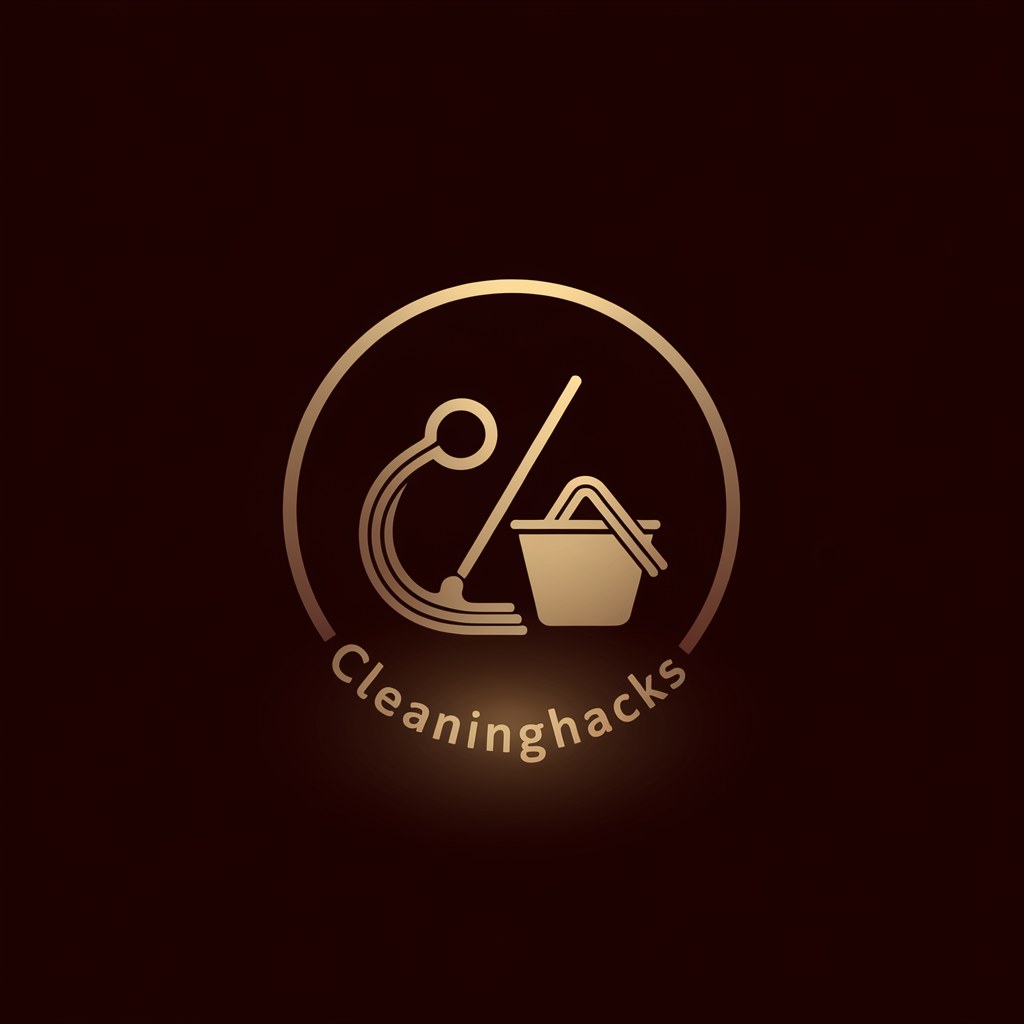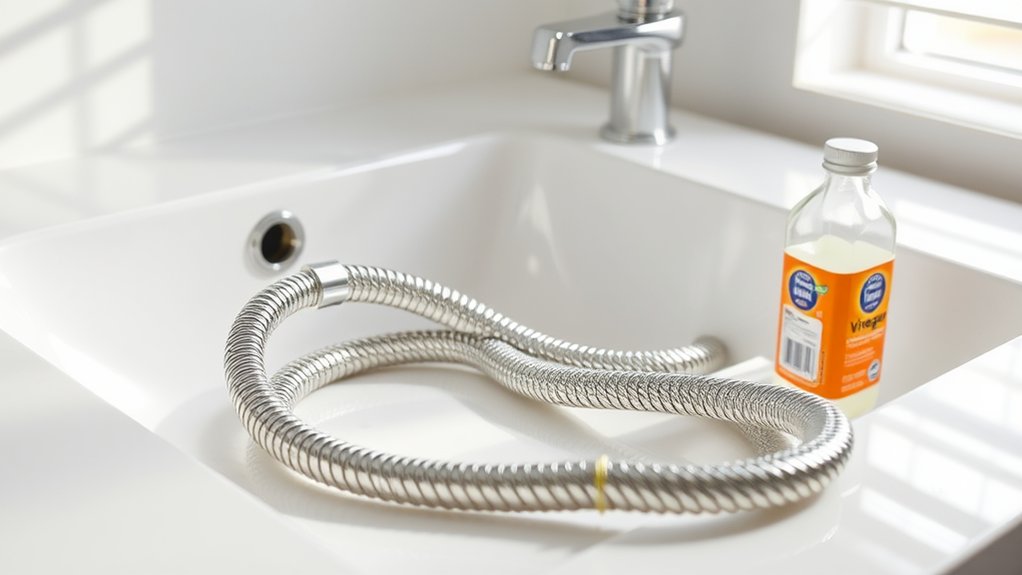Unclog Drains Fast With This Household Item
When your kitchen sink won’t drain after washing dishes, it’s frustrating. Fortunately, a common household item can help you unclog drains quickly: baking soda. This versatile ingredient works effectively to break down debris when paired with vinegar. Understanding the right method and techniques can save you time and effort during these plumbing emergencies. Let’s explore how you can make the most of this powerful combination.
The Magic of Baking Soda
Baking soda is a powerful ally when it comes to unclogging drains. This versatile substance works by neutralizing odors and breaking down waste material. Additionally, baking soda’s effectiveness is enhanced when combined with vinegar, which creates a fizzy reaction that can help clear stubborn clogs.
For a quick drain unclogging tip, simply pour half a cup of baking soda directly into the affected drain. Let it sit for about 15 minutes. After the wait, flush the drain with boiling water to help dissolve any remaining buildup.
This method is eco-friendly and safe for all types of pipes. Regular use of baking soda can also help prevent clogs from forming in the first place, keeping your drains flowing smoothly.
Combining Baking Soda and Vinegar
For an effective drain cleaning solution, combining baking soda and vinegar can work wonders.
Baking soda, a mild abrasive, helps dislodge debris, while vinegar, an acid, promotes chemical reactions that break down buildup. When you mix the two, they create a foaming action that can help clear clogs.
This combination targets grease, soap scum, and organic matter. It’s a natural alternative to chemical cleaners, offering safety and effectiveness without harsh ingredients. Additionally, using this method can be more cost-effective than purchasing commercial products that often contain harsh ingredients.
You’ll notice immediate fizzing as they react, indicating the process is underway. This method is environmentally friendly and readily available in most households, making it an ideal choice for drain maintenance.
How to Use This Method Effectively
To use this method effectively, start by measuring out one cup of baking soda and one cup of vinegar. First, pour the baking soda directly into the drain. Next, follow it with the vinegar to create a fizzing reaction.
Reaction Table
| Step | Action |
|---|---|
| Step 1 | Pour baking soda into the drain. |
| Step 2 | Add vinegar and seal the drain. |
| Step 3 | Wait 30 minutes, then flush with hot water. |
After waiting, flush the drain with hot water to clear any remaining debris. This method maximizes the chances of unclogging efficiently, especially when combined with effective DIY techniques for maintaining drain health.
Additional Tips for Stubborn Clogs
What do you do when your initial methods don’t clear the stubborn clog?
Try these additional techniques to tackle those tough blockages:
-
Plunger Power: Use a plumber’s plunger to create suction. Make sure to cover the overflow drain if you’re unclogging a sink.
-
Baking Soda and Vinegar: Pour half a cup of baking soda followed by half a cup of vinegar. Wait for fifteen minutes, then flush with hot water.
-
Manual Removal: If accessible, consider taking apart the drain trap and removing any visible obstructions directly.
These tips can help restore your drain’s flow effectively.
Preventative Measures for Future Clogs
Five effective preventative measures can help you avoid future drain clogs. First, use drain screens to catch debris. Second, dispose of grease properly instead of pouring it down the drain. Third, run hot water regularly to clear buildup. Fourth, flush drains with a mixture of vinegar and baking soda every month to dissolve minor blockages. Additionally, regular maintenance of your plumbing can prevent hair drain removal issues from becoming serious problems.
| Measure | Description |
|---|---|
| Drain Screens | Prevent debris from entering drains |
| Proper Grease Disposal | Avoid pouring grease down the sink |
| Regular Hot Water | Clear buildup by flushing drains |
| Vinegar & Baking Soda | Dissolve minor clogs monthly |
When to Call a Professional
If you notice recurring clogs or unpleasant odors despite your efforts, it’s time to consider calling a professional.
Complex blockages can require specialized tools and expertise that you mightn’t have.
Additionally, safety risks like potential pipe damage or hazardous materials are important factors to keep in mind.
Signs You Need Help
When you notice that water drains slowly or not at all, it’s crucial to recognize the signs that indicate you might need professional assistance. Here are some key indicators:
-
Persistent foul odors coming from drains
-
Recurring clogs despite using home remedies
-
Water backing up into other fixtures
If you experience any of these issues, it’s time to consider calling an expert.
Ignoring these signs can lead to more severe plumbing problems. Don’t hesitate to seek help—addressing problems early can save you time, money, and further complications down the line.
Complex Blockages Require Experts
Although some clogs can be resolved with DIY methods, complex blockages often require the expertise of a professional plumber.
When you encounter persistent drainage issues, unusual odors, or gurgling sounds, it’s time to act. These symptoms may indicate damaged pipes or severe accumulation of debris.
Additionally, if you’ve tried various home remedies without success, don’t hesitate to call for help. A qualified plumber can diagnose the problem accurately and utilize advanced tools like hydro-jetting or video inspection.
Addressing complex blockages promptly can prevent further damage to your plumbing system and save you from costly repairs down the line.
Safety Risks to Consider
While attempting to clear a clogged drain might seem straightforward, several safety risks can arise that warrant calling a professional.
If you encounter any of the following situations, it’s wise to seek expert help:
-
Chemical exposure: Hazardous substances can cause burns or respiratory issues.
-
Structural damage: Improper handling may lead to pipe breakage, costly repairs, or water damage.
-
Severe blockages: Persistent clogs could indicate deeper plumbing issues, needing specialized tools and knowledge.
When in doubt, it’s better to let a trained technician assess the situation, ensuring both your safety and the integrity of your plumbing system.

